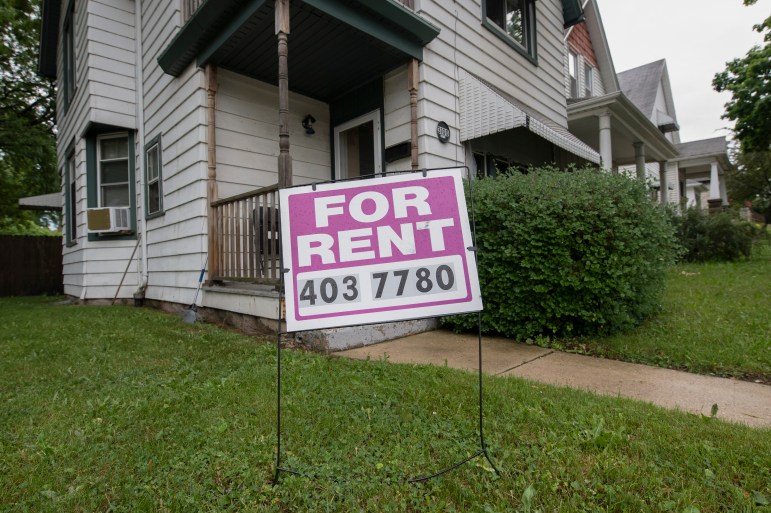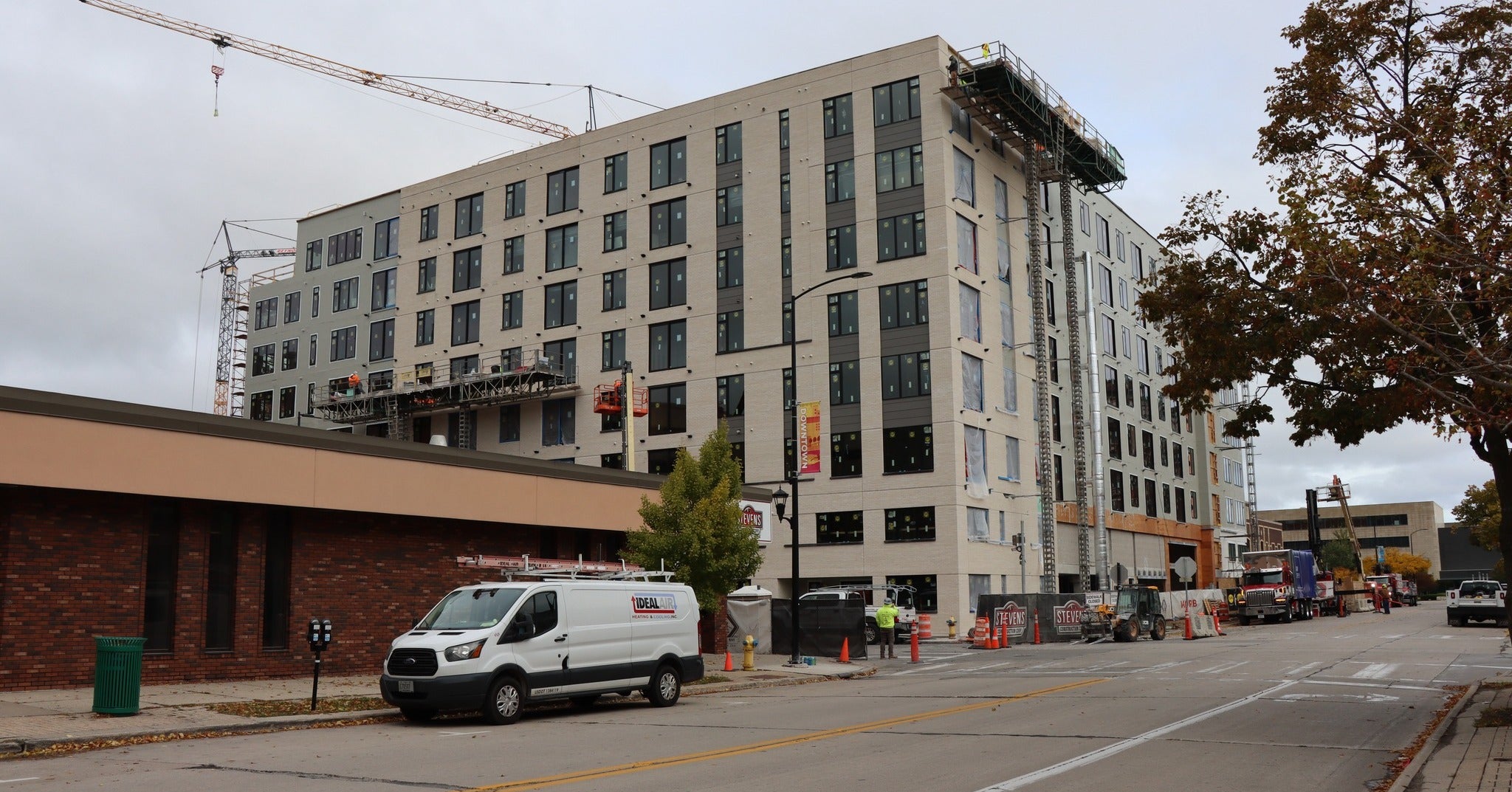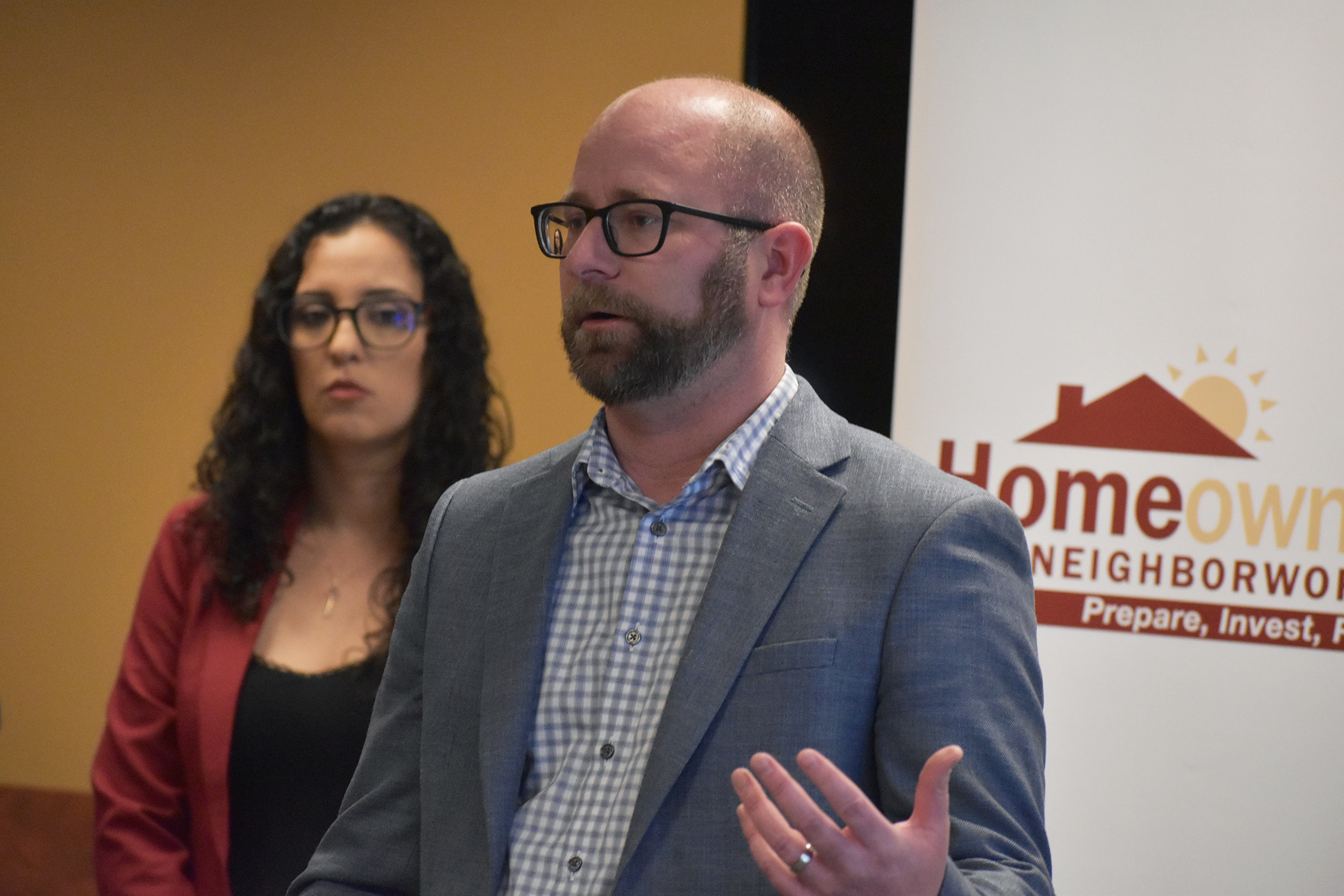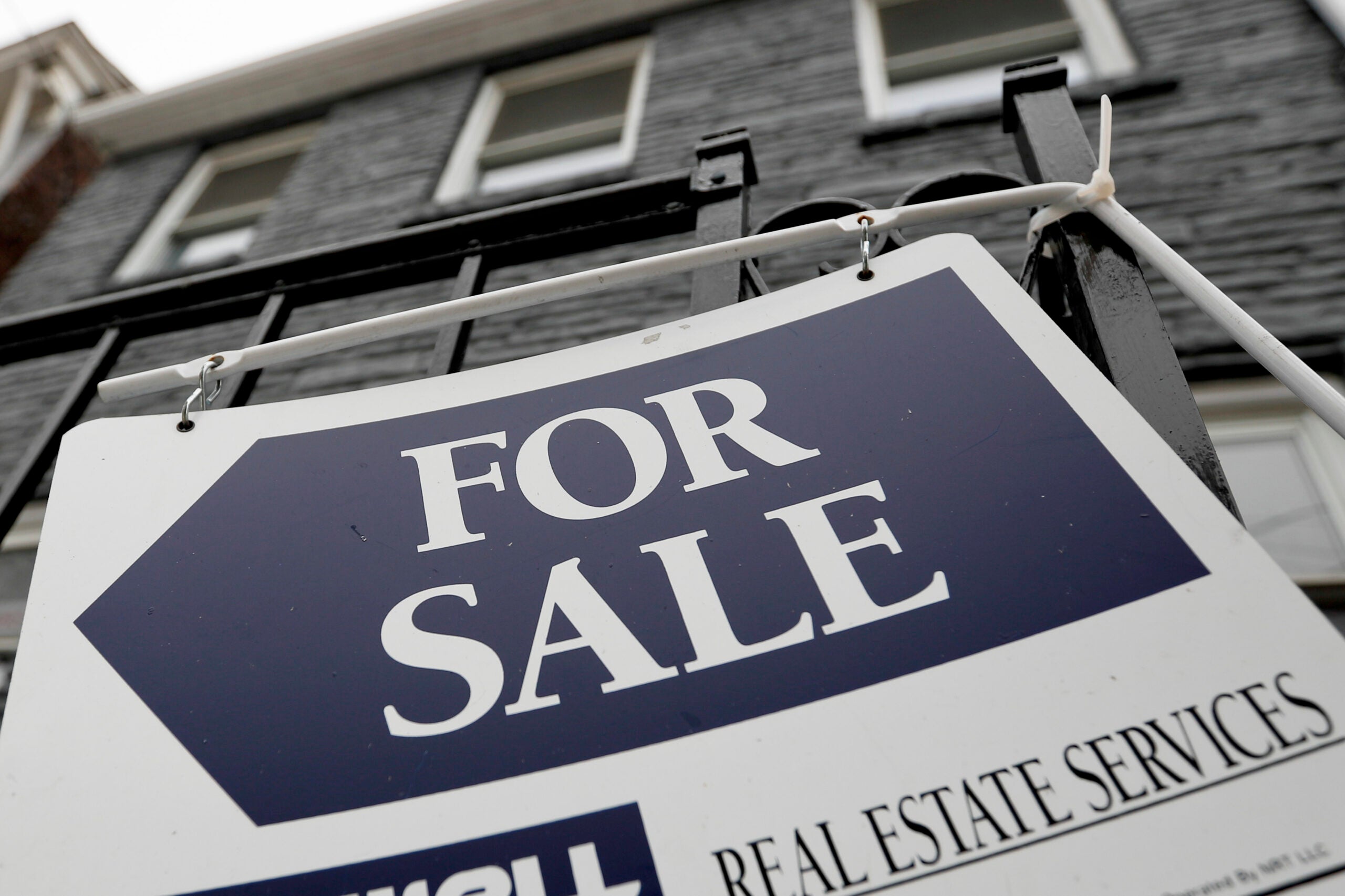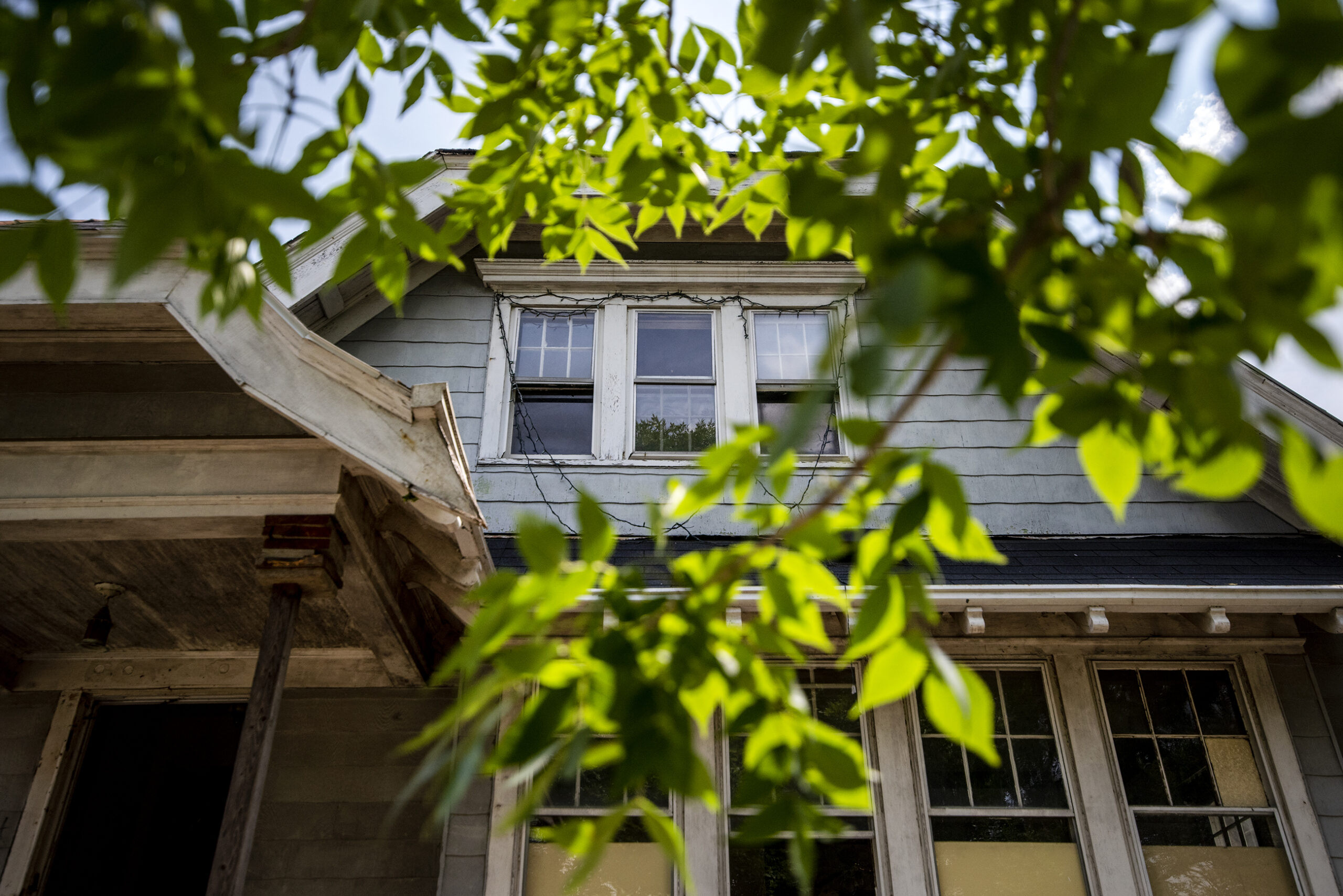Milwaukee received $2.1 million in federal funding Wednesday to increase the amount of affordable housing options across the city.
The money — from the U.S. Department of Housing and Urban Development, or HUD — will mainly be used to expand the Growing MKE plan. That’s an effort to update the city’s zoning code to expand housing options and increase the number of new developments throughout the city.
The funding comes as more than 95,000 households in Milwaukee are struggling with high housing costs, according to a statement from HUD.
News with a little more humanity
WPR’s “Wisconsin Today” newsletter keeps you connected to the state you love without feeling overwhelmed. No paywall. No agenda. No corporate filter.
“I want more housing options for city residents and neighborhoods all across Milwaukee, and today’s grant announcement will substantially assist in that effort to make those things come true in our city,” Milwaukee Mayor Cavalier Johnson said during a press conference Wednesday at city hall.
The Growing MKE plan seeks to make changes in the zoning code to allow for more properties like townhomes and three and fourplexes. Broadly, the goal is to increase the number of dense housing options in the city, with a focus on affordability.
After the announcement, Milwaukee Alder Jonathan Brostoff said he believes the money will be used to create a city that’s “more equitable.”
“It’s part of a larger plan to create better policy that’s going to help meet the needs of Milwaukee and create more and better housing, especially in areas that really could use it,” Brostoff said.
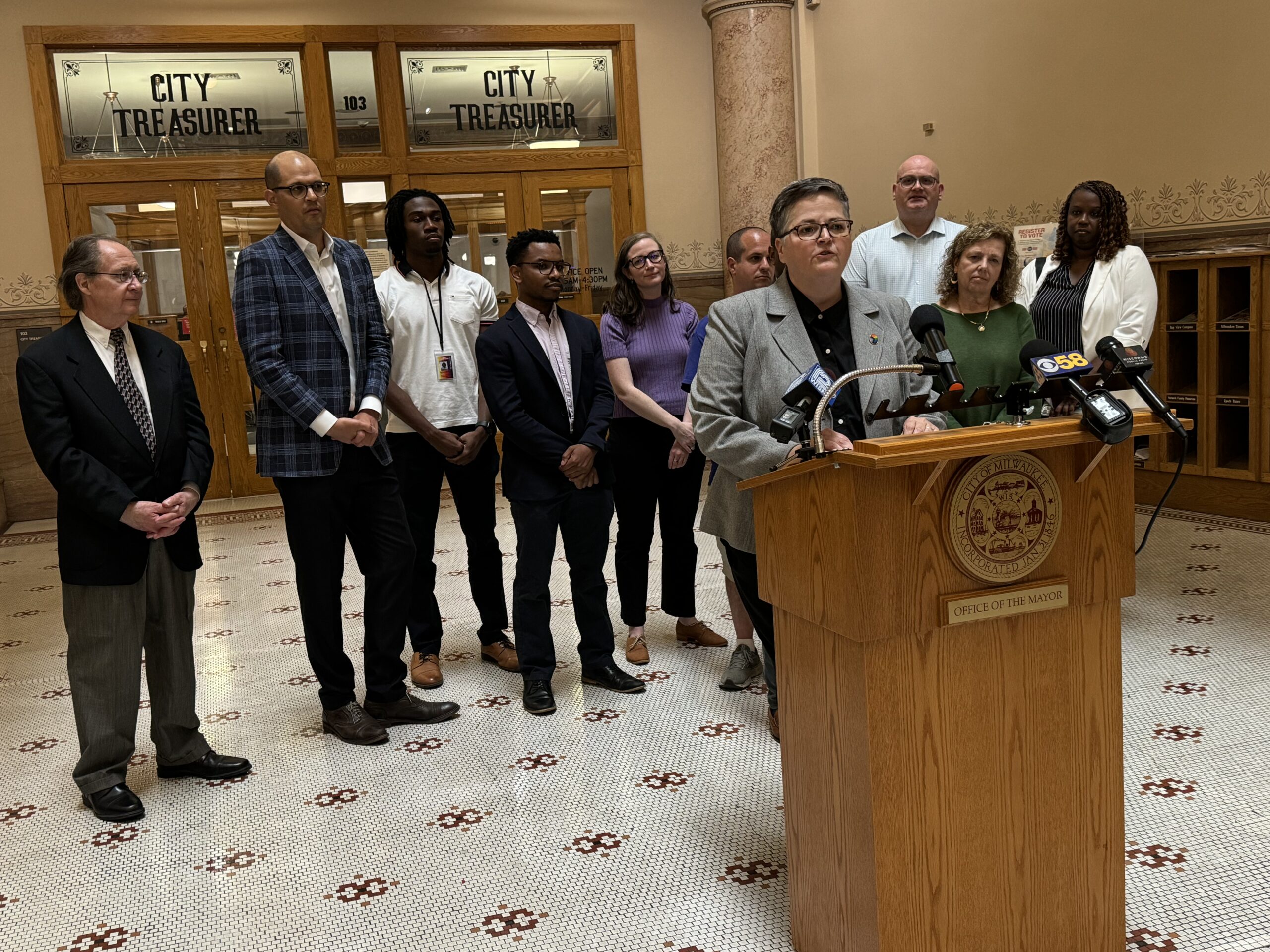
The announcement comes as rents are rising across the city. In April, a Realtor.com report found the median asking rent in Milwaukee is $1,671, a 3.8 percent increase since last year and a 31.1 percent increase from its pre-pandemic level in 2019. That was among the steepest increases in the nation.
A new study from Forbes Advisor also found Milwaukee was one of the 25 worst cities for renters in the United States.
Milwaukee was one of 21 communities across the nation to get funding from the Pathways to Removing Obstacles to Housing grant program from HUD.
Marion McFadden, HUD’s principal deputy assistant secretary for community planning and development, said the goal of the program is to “facilitate affordable housing production and preservation.”
“With a shortage of available homes, aging housing stock and rising rents, addressing the cost and availability of housing is one of the greatest priorities for communities all across the country, including here in Milwaukee,” McFadden said during the press conference Wednesday afternoon.
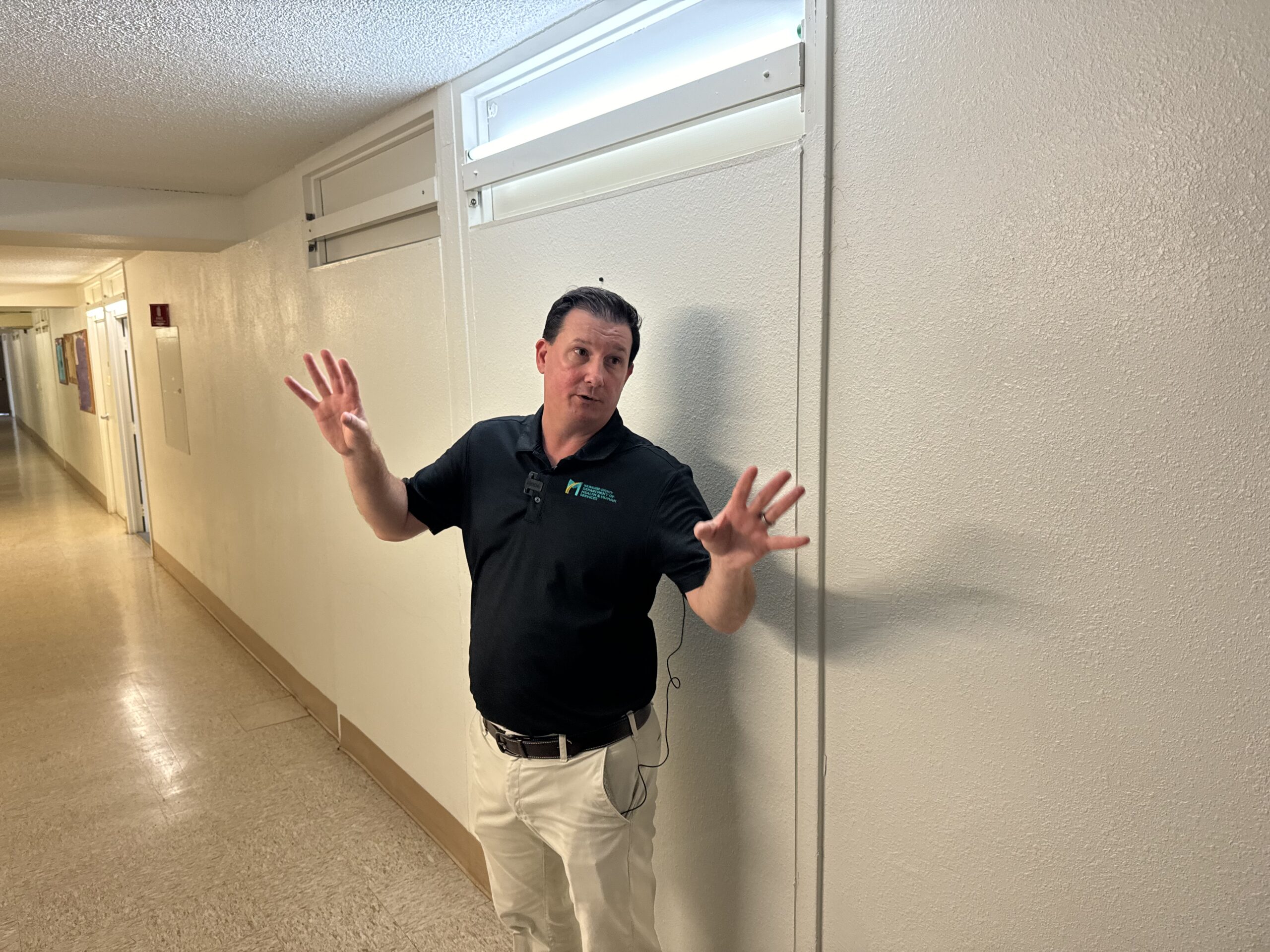
The program, known as “PRO Housing” provides grants to “communities actively taking steps and demonstrating progress in addressing needless local housing barriers to housing production,” a HUD statement said.
In Milwaukee, the money will help the city “update local policies, create affordable homeownership opportunities, and enhance the capacity of local developers and builders,” the HUD statement said.
It’ll also be used to “enable the City to provide development subsidies to create units for sale to households with incomes less than 80 percent of area median income,” the city’s profile said.
The announcement also comes as homelessness is on the rise across Milwaukee County.
Earlier this month, Milwaukee County leaders announced a new project to provide emergency housing and shelter for people experiencing homelessness in an effort to get them into permanent housing. That project is similar to another project the county announced earlier this year, which combines crisis beds for people without homes with permanent affordable apartments under the same roof.
Wisconsin Public Radio, © Copyright 2025, Board of Regents of the University of Wisconsin System and Wisconsin Educational Communications Board.

